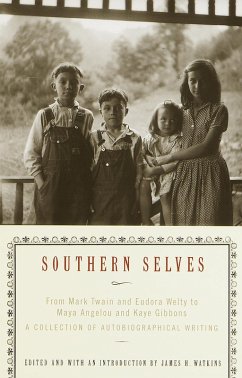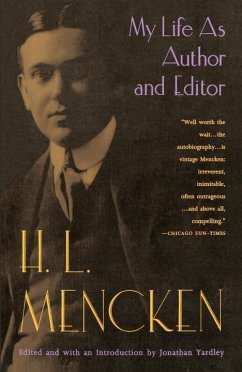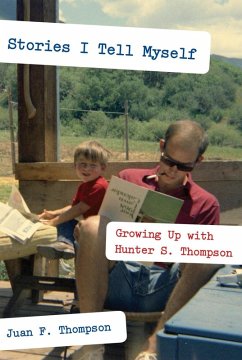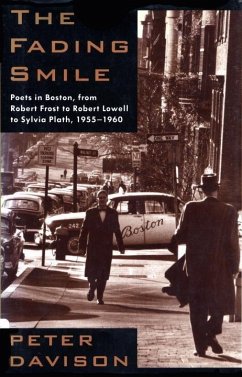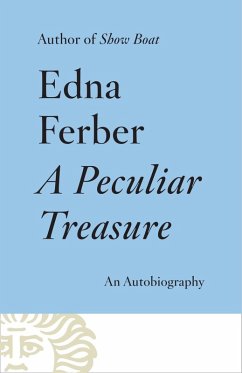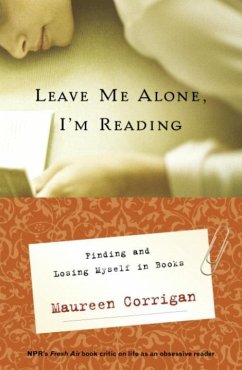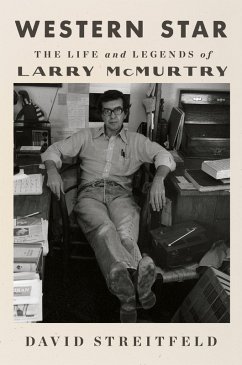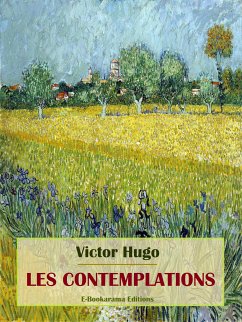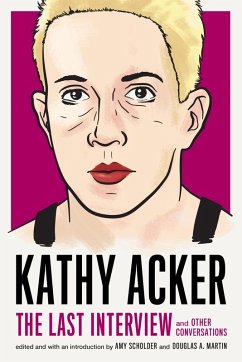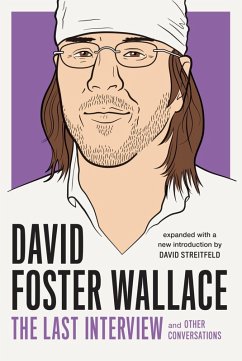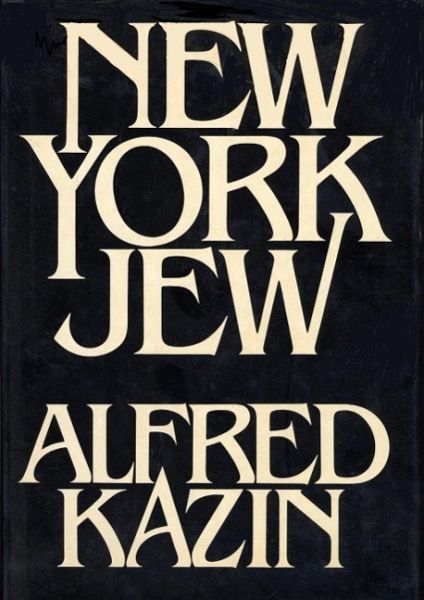
NEW YORK JEW (eBook, ePUB)
An Autobiography

PAYBACK Punkte
5 °P sammeln!
Alfred Kazin, one of the central figures of America's intellectual life in the 20th century, takes us into his own life and times. His autobiography encompasses, within a single large, fluent narrative, a personal story openly told; an inside look at New York's innermost intellectual circles; and brilliantly astute observations of the literary accomplishments, atmosphere, and fads of the 1940's, '50's, and '60's in the context of America's shifting political gales. Kazin begins his story in 1940, where we see him first as a young man working for The New Republic, then for Fortune in the time o...
Alfred Kazin, one of the central figures of America's intellectual life in the 20th century, takes us into his own life and times. His autobiography encompasses, within a single large, fluent narrative, a personal story openly told; an inside look at New York's innermost intellectual circles; and brilliantly astute observations of the literary accomplishments, atmosphere, and fads of the 1940's, '50's, and '60's in the context of America's shifting political gales. Kazin begins his story in 1940, where we see him first as a young man working for The New Republic, then for Fortune in the time of James Agee. We see him in wartime London; as traveler, after the war, in Italy, Germany, Russia and Israel. We see him as teacher and scholar; as husband and lover; as a writer of profoundly influential critical works; as both observer of and participant in the cultural history of his time. Marvelous scenes of close-up encounters with literary figures abound. The young Kazin, "summoned" to discuss his just-published first book, pays his first visit to the great Edmund Wilson (he was "merely impatient with my book") and his wife ("she went into my faults with great care…she looked beautiful in the increasing crispness of her analysis") Mary McCarthy. We see Lionel Trilling ("for Trilling I would always be 'too Jewish'"); Saul Bellow, soon after Augie March, already projecting a "sense of destiny as a novelist that excited everyone around him"; Sylvia Plath as a student of Kazin's at Smith. Kazin shares the particular joy of being in the company of Hannah Arendt-Hannah at work, "brimming over with enthusiasm for the New World," and in the Morningside Drive apartment where she and her husband, Heinrich Bluecher, lived "thought dominated" lives, and were magnets for young writers. We see old and young contemporaries-Robert Frost, Paul Goodman, T. S. Eliot, and others-freely expressing (and being) themselves. Every image and incident is filtered through Kazin's own strong sensibility-powerfully informed by his Russian immigrant-socialist background, by the resurgent sense of his own Jewishness, and by the "raw power, mass, and volume" of the city he is unfailingly drawn to. New York is itself a central character in his book as in his life-a life superbly told, in a book that will be of fascination to everyone interested in American writing and writers.
Dieser Download kann aus rechtlichen Gründen nur mit Rechnungsadresse in A, B, BG, CY, CZ, D, DK, EW, E, FIN, F, GR, HR, H, IRL, I, LT, L, LR, M, NL, PL, P, R, S, SLO, SK ausgeliefert werden.




